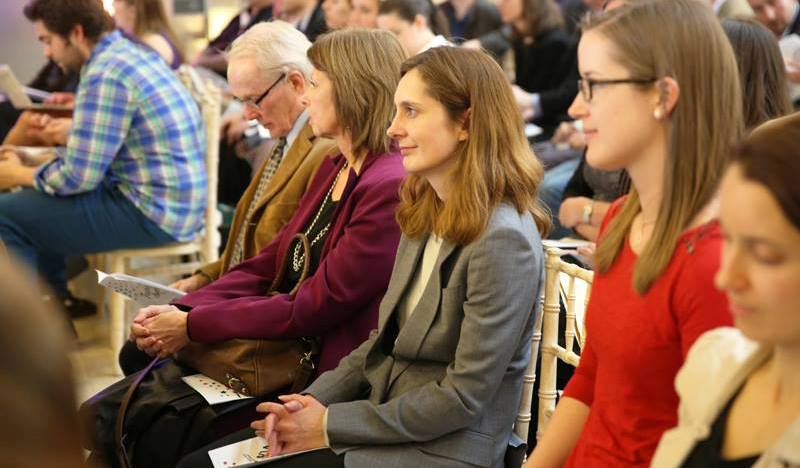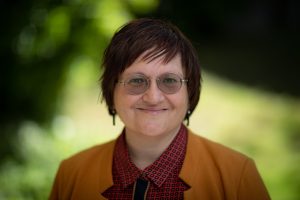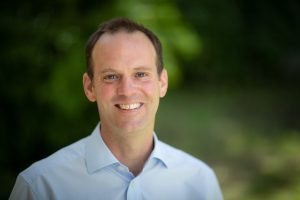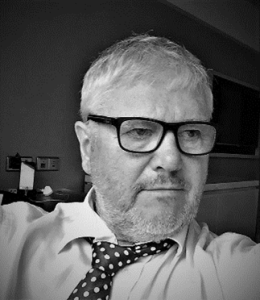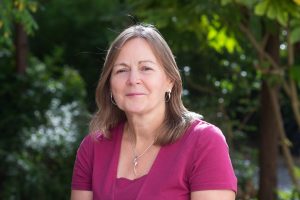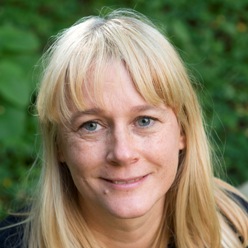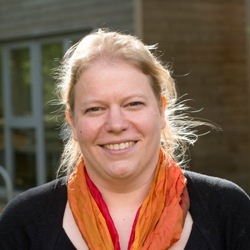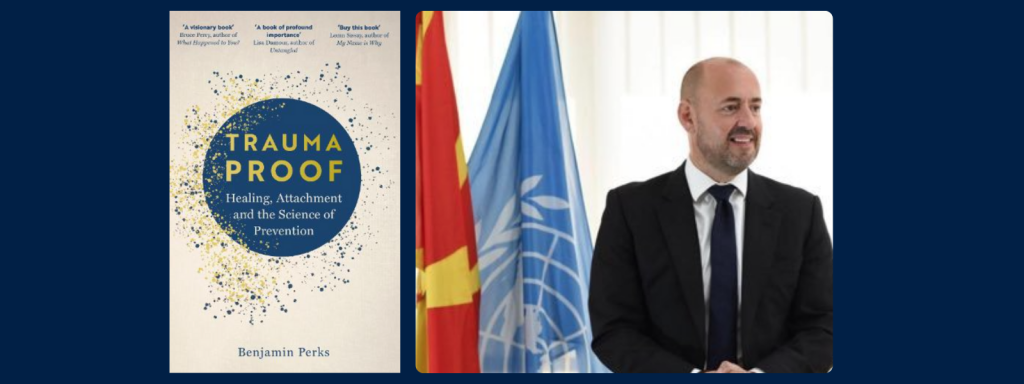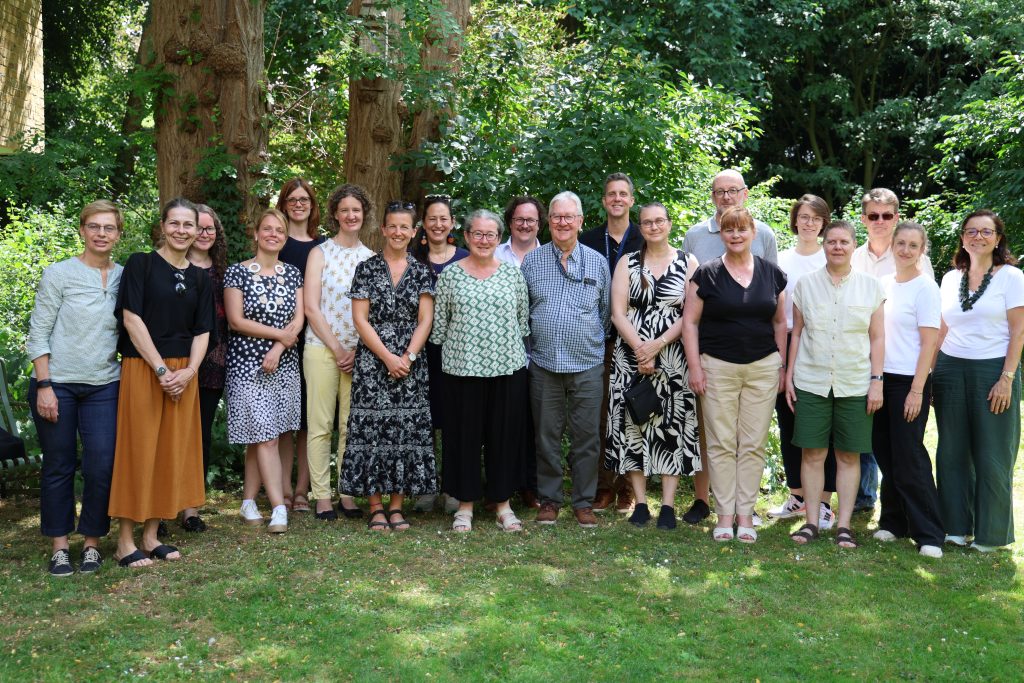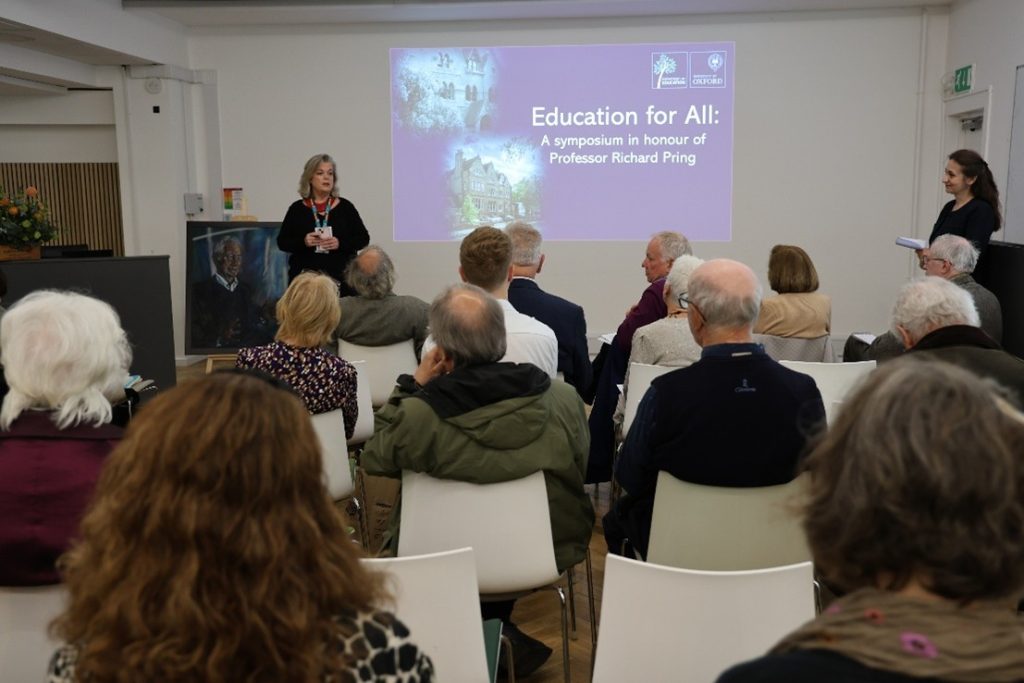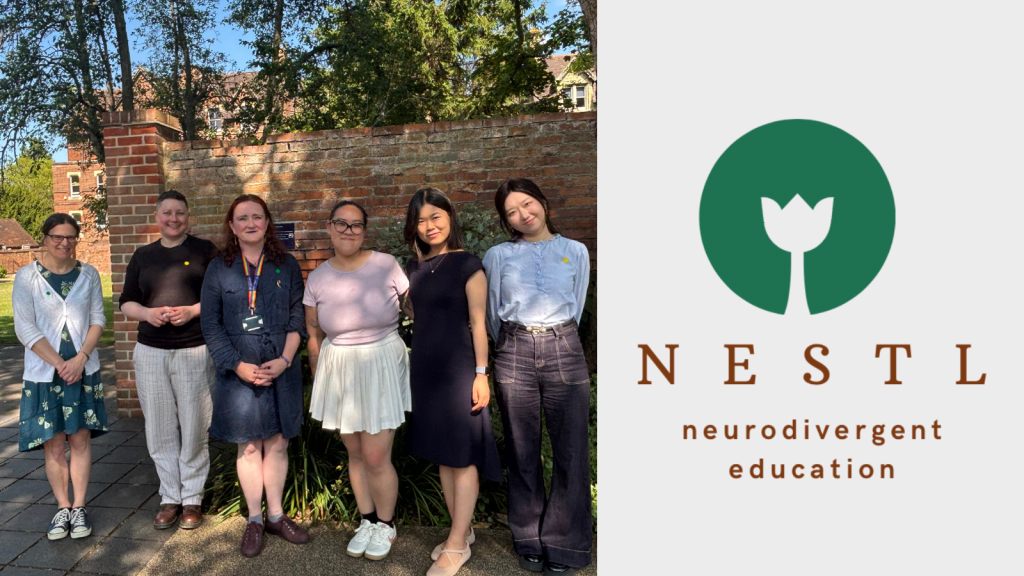Building on the international reputation of the Oxford Internship Scheme, the Department’s pioneering university-school partnership, we have extended this collaboration (though the Oxford Education Deanery), to support teachers’ continued professional development through research engagement. The integration of theory/research and practice at all stages of teachers’ professional learning thus constitute a core focus of our work, but other important contributions relate to:
- The content and structure of the teacher education curriculum, with emphasis on issues of social justice and the capacity of teachers to adapt to changing school contexts, curricula and policy demands.
- International and historical comparisons of policy development, along with socio-cultural analysis of the ways in which policies are enacted and experienced.
- The evaluation of outcomes – ways of assuring quality in initial teacher education.
Much of the group’s work related to continued professional development has a strong subject-specific dimension, of particular importance in helping teachers respond effectively to extensive curriculum change.
This group is convened by Katharine Burn.






